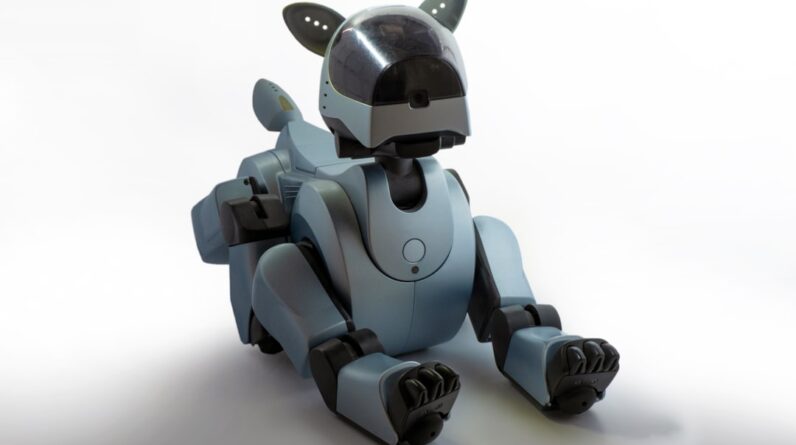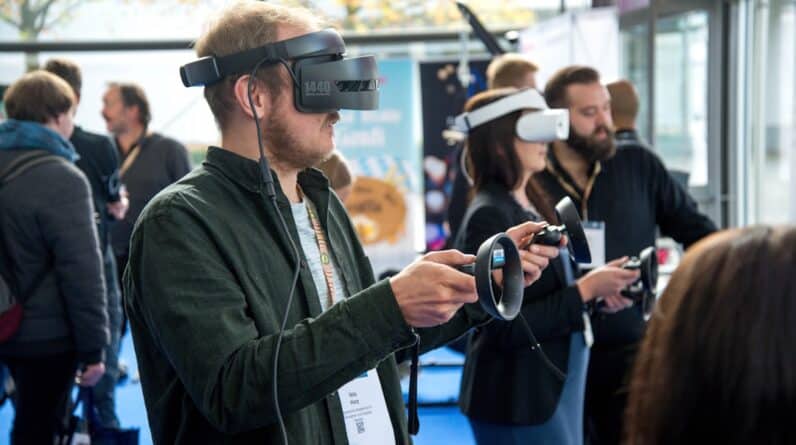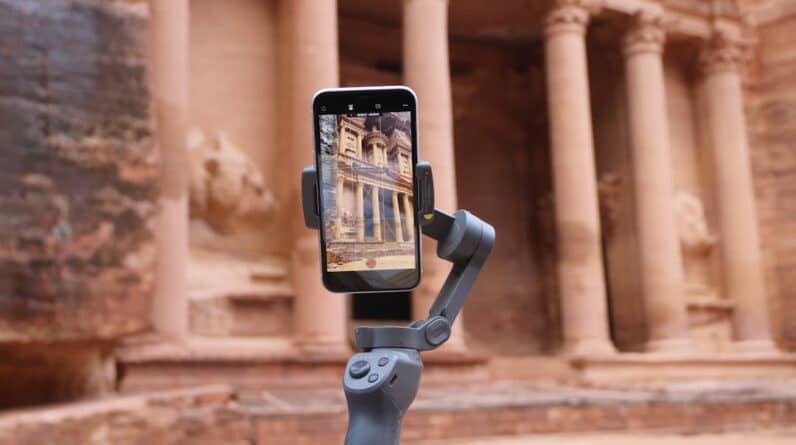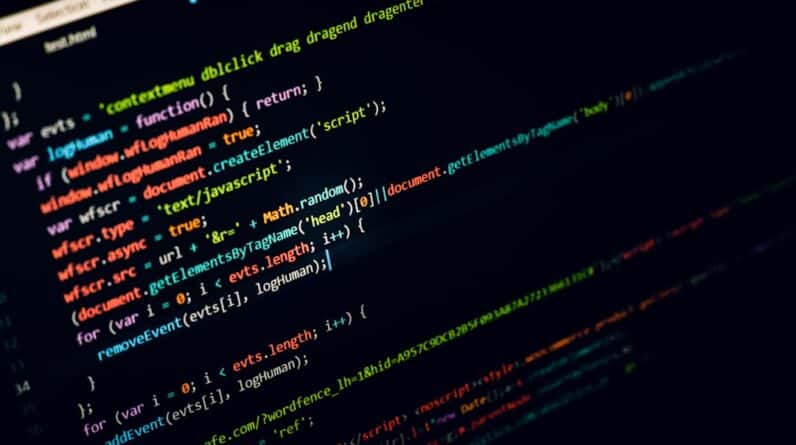As you gaze up at the night sky, filled with countless stars and the mysteries of the universe, it’s hard not to wonder about the vastness of space and what lies beyond our planet. In recent years, artificial intelligence (AI) has emerged as a transformative force in space exploration, revolutionizing how we gather, analyze, and interpret data from the cosmos. The integration of AI technologies into space missions has not only enhanced our understanding of celestial bodies but has also opened new avenues for exploration that were previously unimaginable.
With the ability to process vast amounts of information quickly and accurately, AI is becoming an indispensable tool for scientists and engineers working in the field of space exploration. The potential of AI in this domain is immense. From autonomous spacecraft navigating through the depths of space to sophisticated algorithms analyzing data from distant planets, AI is reshaping our approach to exploring the universe.
As you delve deeper into this topic, you will discover how AI is not just a tool but a partner in our quest to uncover the secrets of the cosmos. The journey of integrating AI into space exploration is still unfolding, and its implications for future missions are profound.
Key Takeaways
- AI plays a crucial role in space exploration by analyzing vast amounts of space data and assisting in autonomous spacecraft operations.
- AI significantly impacts space mission planning and execution by optimizing resource allocation and decision-making processes.
- AI enhances robotic exploration by enabling robots to adapt to unpredictable environments and make real-time decisions.
- AI contributes to the discovery of exoplanets and analysis of space environments by processing complex data and identifying patterns.
- Despite its potential, AI in space exploration faces challenges such as data reliability and the need for continuous human oversight.
- The future prospects of AI in space exploration include advancements in autonomous spacecraft, improved data analysis, and enhanced robotic exploration capabilities.
The Role of AI in Analyzing Space Data
When it comes to space exploration, the sheer volume of data generated is staggering. Satellites, telescopes, and rovers continuously collect information about celestial phenomena, planetary surfaces, and atmospheric conditions. As you can imagine, sifting through this data manually would be an insurmountable task for any team of scientists.
This is where AI steps in, providing powerful analytical capabilities that can process and interpret data at unprecedented speeds. Machine learning algorithms can identify patterns and anomalies within vast datasets, enabling researchers to make sense of complex information more efficiently. For instance, consider the data collected by the Kepler Space Telescope, which has been instrumental in discovering thousands of exoplanets.
By employing AI techniques, scientists have been able to analyze light curves—graphs that show the brightness of stars over time—to detect the subtle dips caused by planets transiting in front of their host stars. This automated analysis not only accelerates the discovery process but also increases the accuracy of identifying potential exoplanets. As you reflect on this, it becomes clear that AI is not merely a supplementary tool; it is a game-changer that enhances our ability to explore and understand the universe.
AI’s Contribution to Autonomous Spacecraft Operations
The concept of autonomous spacecraft is no longer a distant dream; it is a reality made possible by advancements in AI technology. As you consider the challenges of deep-space missions, such as communication delays and unpredictable environments, the need for autonomous systems becomes evident. AI enables spacecraft to make real-time decisions based on their surroundings, allowing them to navigate safely and efficiently without constant human intervention.
This autonomy is crucial for missions that venture far from Earth, where immediate support from mission control is not feasible. For example, NASA’s Mars rovers, such as Curiosity and Perseverance, utilize AI algorithms to analyze their surroundings and make decisions about where to travel next. These rovers can assess terrain conditions, identify obstacles, and even select scientific targets for investigation—all while operating independently on the Martian surface.
As you ponder this capability, you realize that AI not only enhances operational efficiency but also expands the possibilities for exploration. With autonomous spacecraft, we can explore more distant and challenging environments than ever before.
AI’s Impact on Space Mission Planning and Execution
Planning a space mission involves meticulous coordination and extensive preparation. From selecting launch windows to determining optimal flight paths, every detail must be carefully considered to ensure mission success. Here, AI plays a pivotal role by streamlining the planning process and providing insights that would be difficult for humans to achieve alone.
By analyzing historical mission data and simulating various scenarios, AI can help mission planners make informed decisions that maximize efficiency and minimize risks. Moreover, during mission execution, AI systems can monitor real-time data and adjust operations as needed. For instance, if a spacecraft encounters unexpected conditions or anomalies during its journey, AI can quickly analyze the situation and recommend alternative actions.
This adaptability is crucial in space exploration, where uncertainty is a constant companion. As you reflect on these advancements, it becomes clear that AI not only enhances our ability to plan missions but also empowers us to respond dynamically to challenges as they arise.
Enhancing Robotic Exploration with AI
Robotic exploration has long been a cornerstone of space missions, allowing us to gather data from environments that are inhospitable or unreachable by humans. With the integration of AI technologies, robotic systems are becoming increasingly sophisticated and capable of performing complex tasks autonomously. As you consider the implications of this evolution, it’s evident that AI is enhancing robotic exploration in ways that were once thought impossible.
Take the example of robotic arms used on spacecraft or rovers. With AI-driven vision systems, these robotic arms can identify objects and manipulate them with precision. This capability allows for more intricate scientific experiments and sample collection on planetary surfaces.
Additionally, AI can enable robots to learn from their experiences, improving their performance over time. As you contemplate these advancements, you realize that AI is not just augmenting robotic capabilities; it is fundamentally transforming how we explore other worlds.
AI’s Role in Discovering Exoplanets and Analyzing Space Environments
The search for exoplanets—planets outside our solar system—has captivated astronomers for decades. With thousands of candidates identified so far, AI has become an essential ally in this quest. By employing machine learning algorithms to analyze data from telescopes like TESS (Transiting Exoplanet Survey Satellite), researchers can sift through enormous datasets to identify potential exoplanets more efficiently than ever before.
These algorithms can detect subtle signals that indicate the presence of planets orbiting distant stars, significantly accelerating the discovery process. In addition to identifying exoplanets, AI also plays a crucial role in analyzing their environments. Understanding the atmospheric composition and conditions of these distant worlds is vital for assessing their habitability.
AI can analyze spectroscopic data—light signatures emitted or absorbed by substances in an atmosphere—to determine what elements are present. As you consider these advancements, it becomes clear that AI is not only expanding our knowledge of exoplanets but also enhancing our ability to evaluate their potential for supporting life.
Challenges and Limitations of AI in Space Exploration
Despite its many advantages, the integration of AI into space exploration is not without challenges. One significant concern is the reliability of AI systems in critical situations. Space missions often involve high-stakes decisions where errors can have catastrophic consequences.
Ensuring that AI algorithms are robust enough to handle unexpected scenarios is paramount. As you think about this issue, it becomes evident that rigorous testing and validation are essential components of developing trustworthy AI systems for space applications. Another challenge lies in the ethical implications of using AI in space exploration.
As machines take on more decision-making roles, questions arise about accountability and transparency. Who is responsible if an autonomous spacecraft makes a mistake? How do we ensure that these systems operate within ethical boundaries?
These questions require careful consideration as we continue to advance AI technologies in this field. As you reflect on these challenges, it becomes clear that while AI holds great promise for space exploration, addressing its limitations will be crucial for its successful implementation.
Future Prospects of AI in Space Exploration
Looking ahead, the future prospects of AI in space exploration are both exciting and promising. As technology continues to evolve, we can expect even more sophisticated applications of AI in various aspects of space missions. For instance, advancements in natural language processing could enable more intuitive interactions between astronauts and AI systems aboard spacecraft or space stations.
Imagine being able to communicate with an onboard AI assistant that understands your commands and can assist with complex tasks seamlessly. Moreover, as we venture further into deep space exploration—such as missions to Mars or beyond—AI will play an increasingly vital role in ensuring mission success. The ability to analyze data in real-time and make autonomous decisions will be essential for navigating unknown environments and conducting scientific research on distant planets.
As you contemplate these possibilities, it becomes clear that the integration of AI into space exploration will not only enhance our capabilities but also inspire future generations to reach for the stars. In conclusion, artificial intelligence is revolutionizing space exploration in ways that were once thought impossible. From analyzing vast amounts of data to enabling autonomous spacecraft operations and enhancing robotic exploration, AI is becoming an indispensable partner in our quest to understand the universe.
While challenges remain, the future prospects for AI in this field are bright, promising new discoveries and insights that will continue to expand our horizons beyond Earth. As you reflect on this journey into the cosmos powered by artificial intelligence, you may find yourself inspired by the endless possibilities that lie ahead.
AI in Space Exploration: Unlocking the Secrets of the Cosmos is a fascinating topic that showcases the intersection of technology and science. To further explore the impact of AI in various industries, one can read the article AI and Personalization: Tailoring User Experiences in Various Industries. This article delves into how AI is revolutionizing user experiences across different sectors, highlighting the importance of personalized interactions in today’s digital age.
FAQs
What is AI in space exploration?
AI in space exploration refers to the use of artificial intelligence technologies to enhance and automate various aspects of space missions, including spacecraft operations, data analysis, and decision-making processes.
How is AI used in space exploration?
AI is used in space exploration for a variety of purposes, including autonomous navigation, predictive maintenance of spacecraft, analysis of large volumes of data collected from space, and the development of intelligent robotic systems for planetary exploration.
What are the benefits of using AI in space exploration?
The use of AI in space exploration can lead to improved efficiency, reduced costs, and enhanced safety of space missions. AI technologies can also enable the discovery of new insights and patterns in space data that may not be easily discernible through traditional methods.
What are some examples of AI applications in space exploration?
Examples of AI applications in space exploration include autonomous rovers for planetary exploration, machine learning algorithms for analyzing space data, and intelligent systems for spacecraft control and operations.
What are the challenges of using AI in space exploration?
Challenges of using AI in space exploration include the need for robust and reliable AI systems in the harsh and unpredictable environment of space, as well as the ethical considerations surrounding the use of AI in decision-making processes for space missions.
How is AI expected to impact the future of space exploration?
AI is expected to play a significant role in the future of space exploration by enabling more advanced and autonomous space missions, as well as facilitating the discovery of new scientific insights and discoveries in the cosmos.






